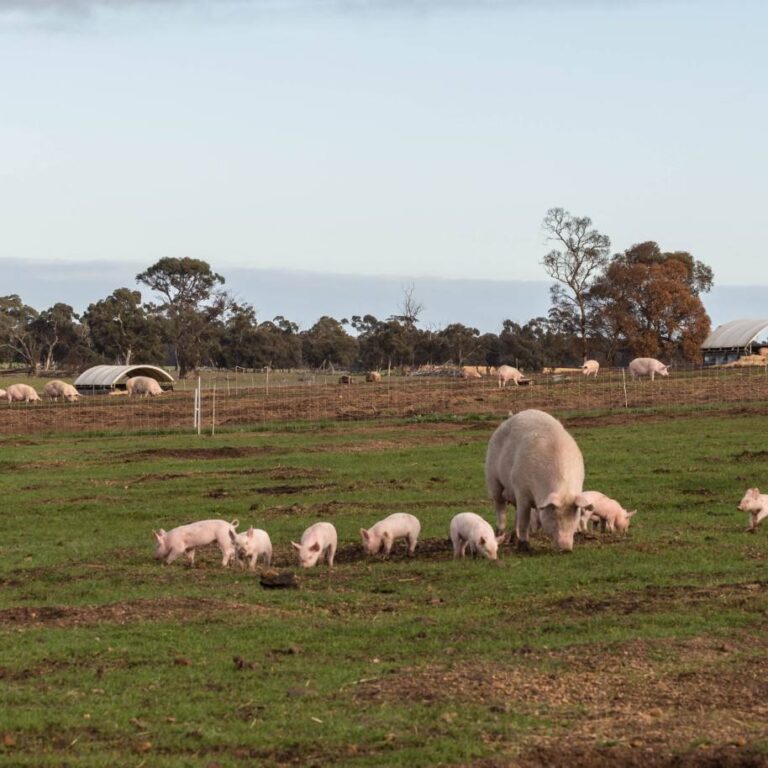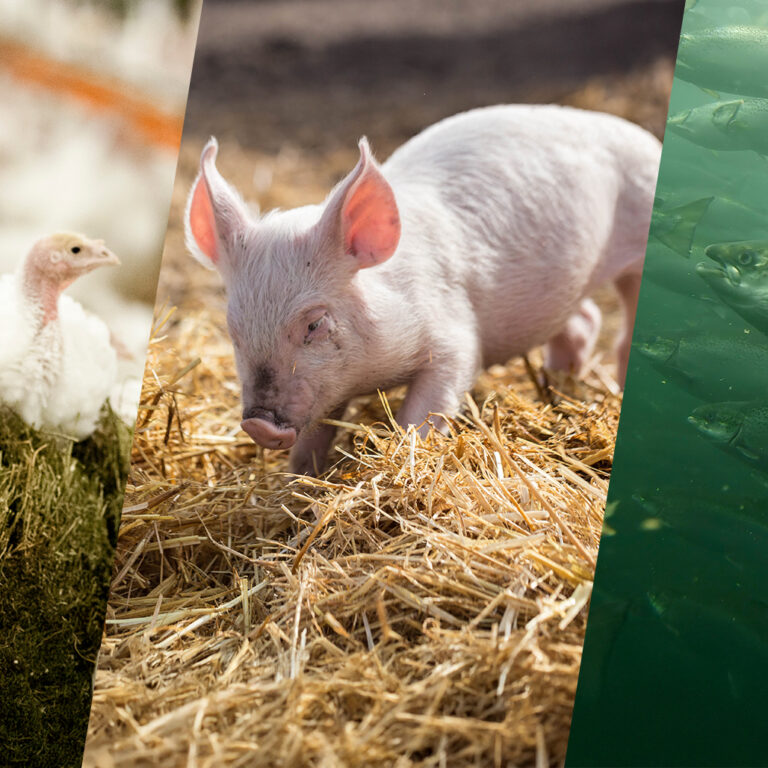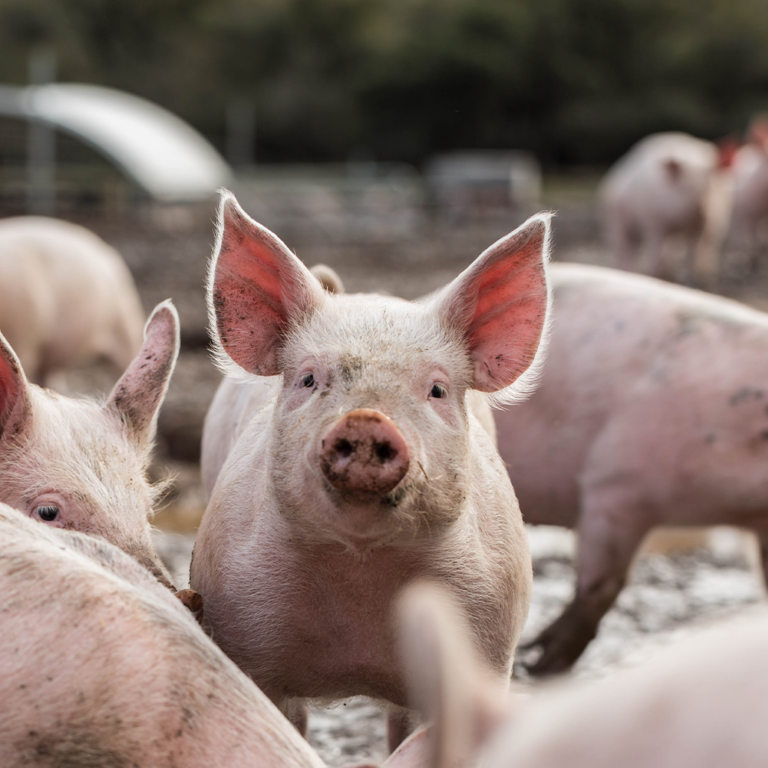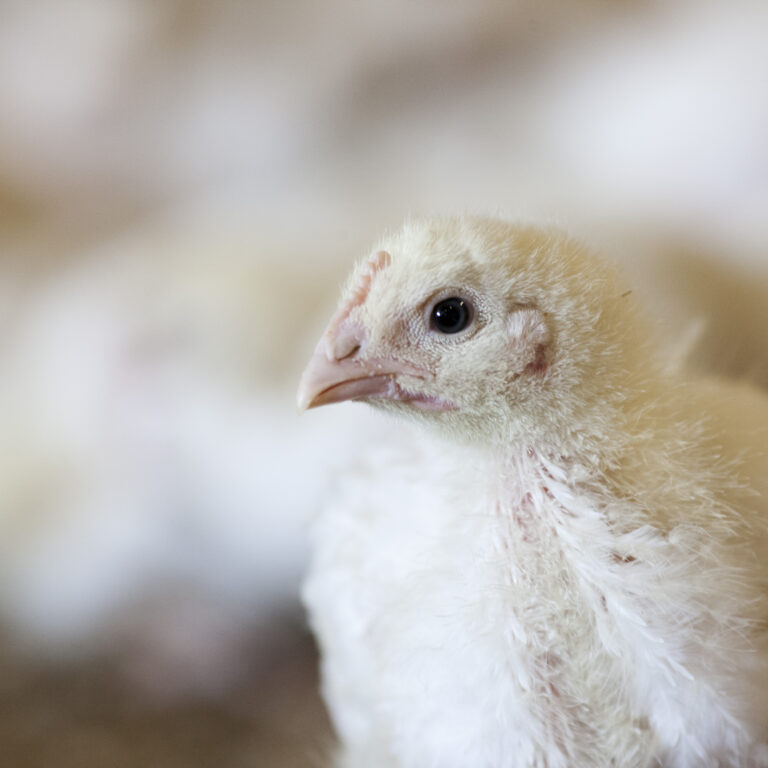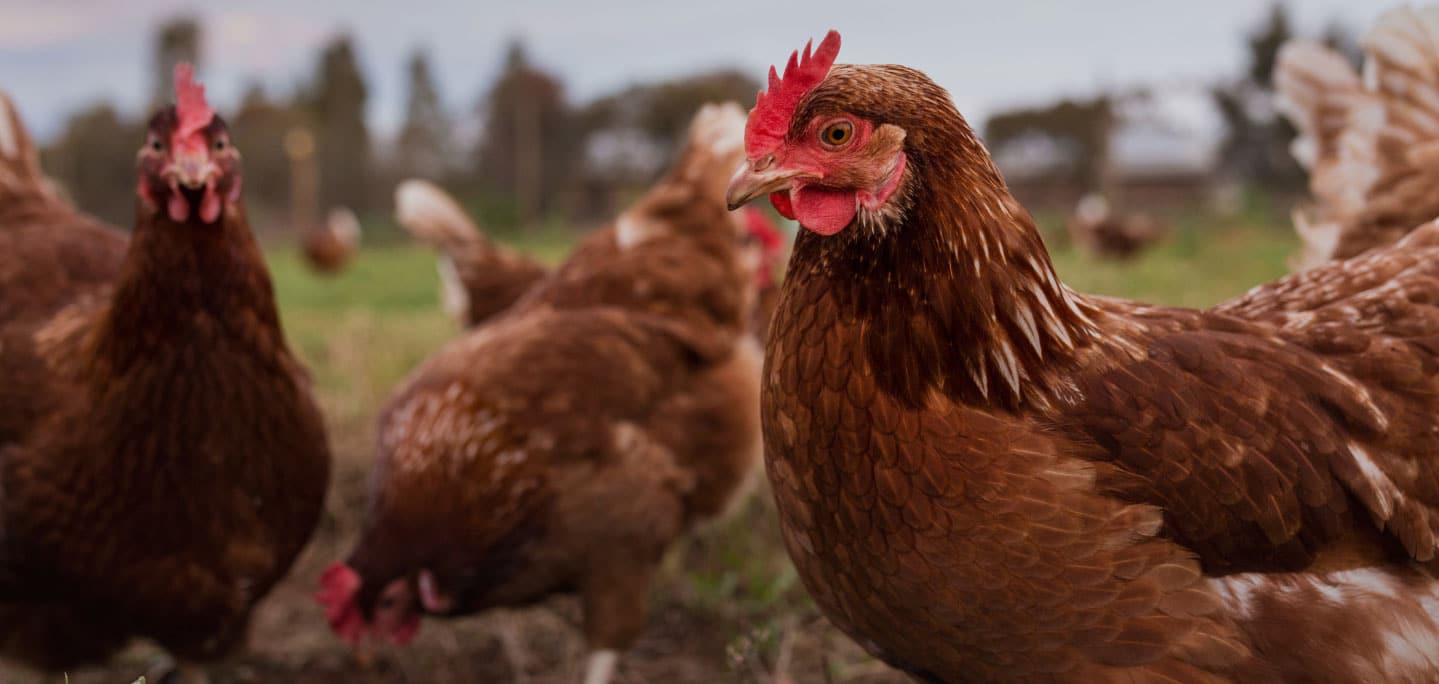It’s a question we get asked a lot – Where can I find RSPCA Approved bacon? Why can’t I find higher welfare bacon? Who sells RSPCA Approved bacon? And to be honest, we wish we could point you in the right direction. Unfortunately, finding higher welfare bacon is really hard right now and finding RSPCA Approved bacon is impossible. Here’s why and what you can do to help.
Did you know most bacon is imported?
Bacon, ham, salami are all pork products known as small goods. In Australia all fresh pork, eg pork cutlets and sausages, comes from Australian pigs. Small goods however are mostly imported. This means if you are eating bacon, ham or salami, it’s very likely to not be Aussie and sourced from countries with lower animal welfare standards. This isn’t good for both the welfare of pigs and our farmers working to higher welfare standards.
How most pigs are farmed
In Australia the vast majority, in fact nearly 90%, of pigs are raised indoors. Whilst the Australian pork industry should be commended for voluntarily phasing out the use of sow stalls, the RSPCA still has concerns with how pigs are reared. The use of farrowing crates which severely confines the mother pig and prevents her from moving freely and expressing normal behaviours during the birth and the few weeks after until her piglets are weaned. For piglets during rearing, painful husbandry procedures such as tail docking and teeth clipping are commonly performed (usually when they are only a few hours or days old!). There is also no requirement to provide bedding or enrichment, such as straw. This means these intelligent and curious animals live on barren concrete or wood slated floors for their entire life with no way to explore or play, leading to aggressive behaviours, such as biting each other’s tails.
Farming to higher welfare standards
The RSPCA works with many farmers that prioritise welfare through the RSPCA Approved Farming Scheme. The RSPCA’s Standard for Pigs do not allow sow stalls, farrowing crates or tail docking and teeth clipping. The Standard also requires pigs to be housed in an enriched environment that encourages them to do all the things they like to do, like forage, play, socialise, build a nest, wallow in mud.
Why don’t we see any RSPCA Approved bacon on the shelf?
Bacon is made from the side and belly (also known as the ‘middle’) of pigs. To get enough meat for bacon production this is normally sourced from larger animals, and many Australian pig farmers don’t grow their pigs to this heavier weight. Producers may actually get a better price by exporting the middles – even if they’re small middles – to other markets rather than processing them here. And as we know higher welfare farming can have more costs to the farmer, it’s understandable that they are more likely to sell their product to the market that gives them the best price.
Do you want to buy higher welfare bacon?
First, you need to check that the bacon you’re buying is Australian. To do this look for the kangaroo mark and check the bar to see the % of Australian ingredients. Remember bacon is often processed with salts and spices that may come from other countries. So Australian bacon may not always show as 100% Aussie ingredients, but if it’s over 90% it’s a good chance this is Australian pork.
Secondly, if you want higher welfare, you’ll need to look for labels like outdoor bred, free range or – even better – a certification mark for a reputable animal welfare certification, like RSPCA Approved.
And if you can’t find it, tell your local supermarket or favourite brand that finding higher welfare bacon is important to you as a customer and help us push for better pig farming!
You might also be interested in What a pig wants, what a pig needs and Meet the people and farms behind Coles free range pork

